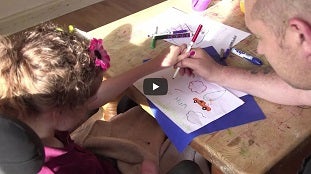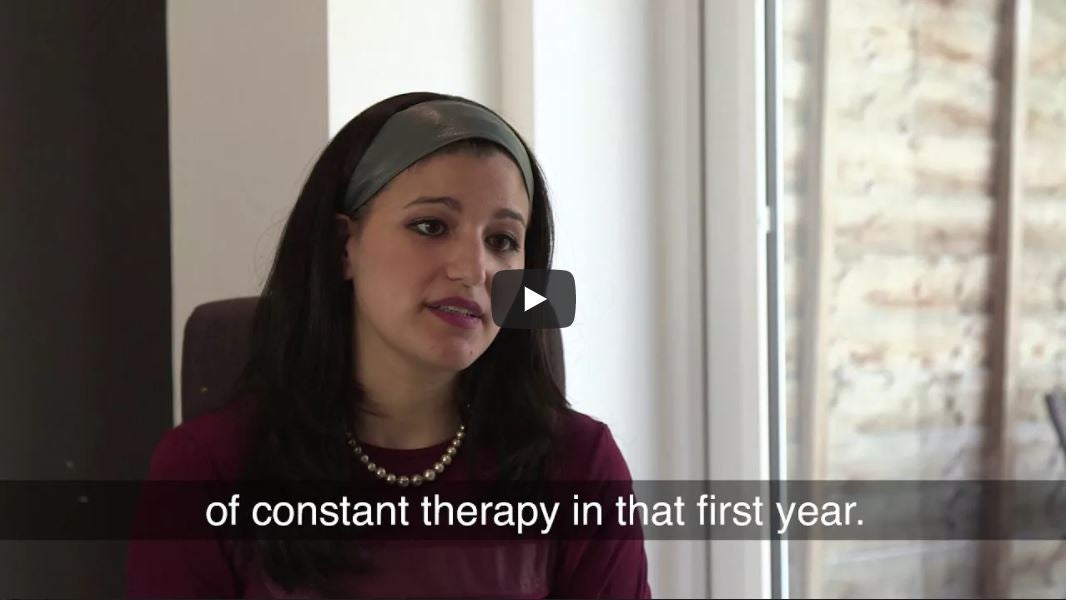As a healthcare professional, you know that the journey of a child with cerebral palsy is full of challenges.
Each day
WILL BE SPECIAL IN ITS OWN WAY

While the centre of your care is the patient, responding to caregivers’ feelings and emotions is essential. Caregivers are the ones that will be taking care of your patient and applying your recommendations.
Removing barriers to communication will help you better evaluate their needs and guide them to specialised help or support.
Understanding their emotional journey may help you in finding ways to better accompany them.
In this section, we will go through the emotional journey of caregivers and provide you with some helpful recommendations and key topics that may be useful to cover with them.
We also believe that real stories from caregivers can help you better understand their perspectives and feelings. We invite you to watch the stories of four families in our real stories section.
Some caregivers might have already seen certain warning signs and might have already shared their concerns with you, others might be completely unaware or are in a state of denial, pretending everything is normal.
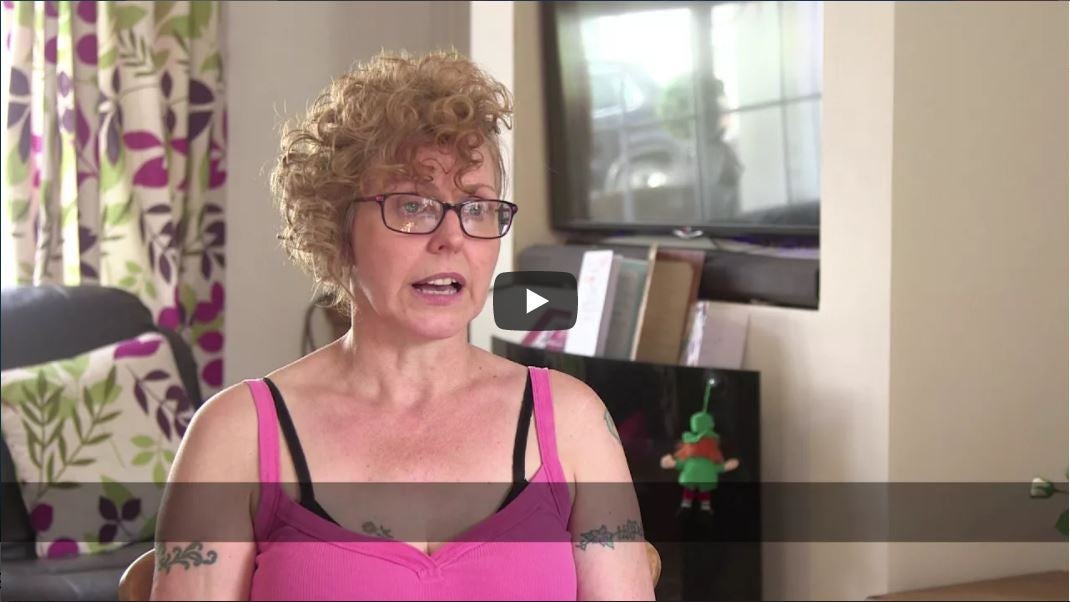
→Click on this link to watch the full video in our real stories section
Before a confirmed diagnosis, caregivers feel concerned, as they know that their child will have problems but are uncertain about their severity. They may also feel frustrated, because healthcare professionals are not listening to them and are not giving them enough information. Above all that, they find it difficult to get appointments with specialists and are overwhelmed with all of the medical tests their child needs to do. Finally, they are scared and worried about the meaning of certain warning signs.
As you prepare to talk to them about cerebral palsy, try to keep in mind their concerns and possible emotional reactions.
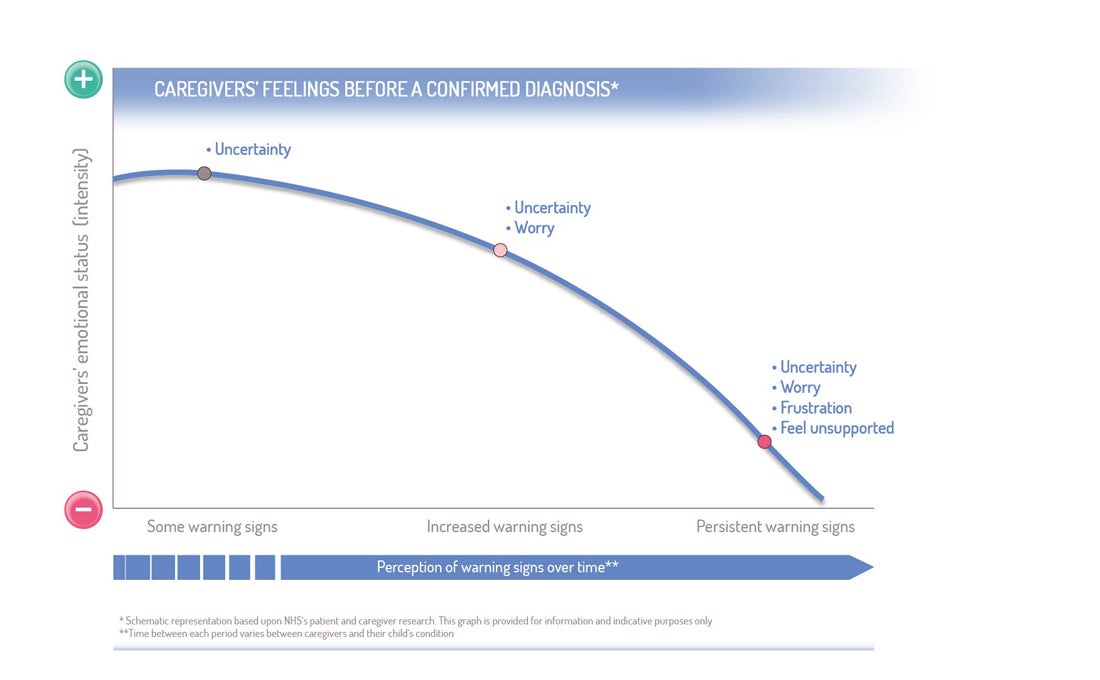
→Click here to get more recommendations that can help you in your practice
Caregivers have certain emotional reactions that differ depending on the context and on their level of understanding or acceptance of their child’s status.
Whatever the case, the time when you inform caregivers about their child’s condition is a changing moment for them.
Following a confirmed diagnosis, parents go through a grief experience that resembles what one goes through with the death of a family member.
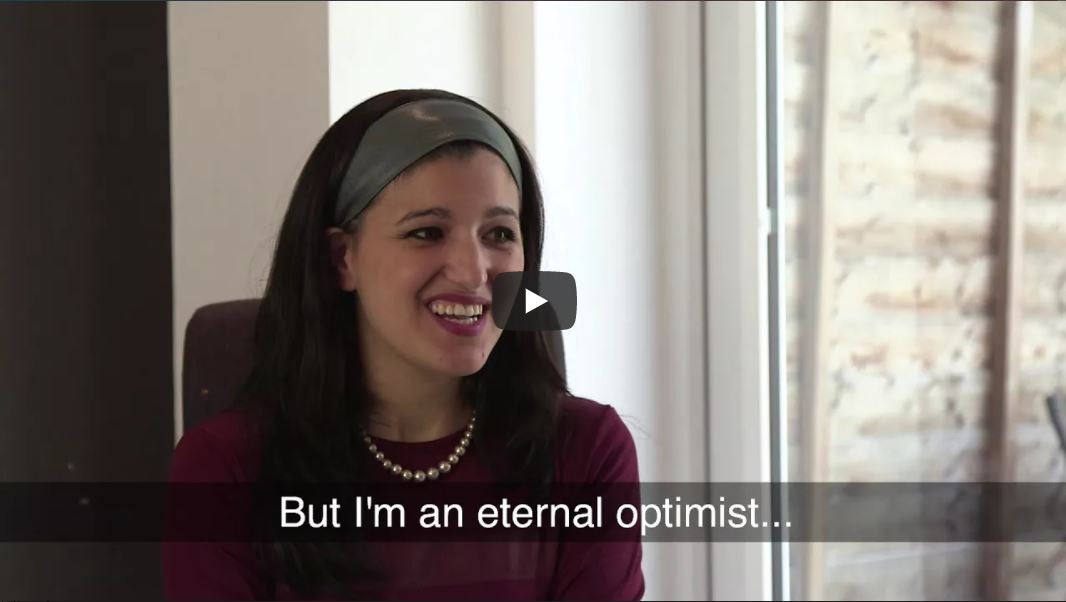
→Click on this link to watch the full video in our real stories section
Caregivers frequently show strong negative emotions when you inform them that their child is suffering from cerebral palsy. Shock and trauma are usually their first reactions, as they feel unprepared and lost. Some almost ‘shut down’ when diagnosis is confirmed. They are numb. Uncertainty follows, as caregivers do not necessarily fully understand cerebral palsy and what they need to do or change to take care of their child. Chaos can cloud their thoughts, as they start having concerns of the sudden changes affecting their routine.
Shortly afterwards, some caregivers may go through a denial stage with misplaced hope that things can be fixed or that their child can recover from cerebral palsy.
Some caregivers question why they are in such a situation and feel despair.
All throughout this emotional roller coaster, caregivers may feel a lack of support from healthcare professionals and from the society around them.
Taking the extra time to discuss about their concerns and fears will be a huge source of help and support to them. The sooner you identify difficult emotional situations, the better for them and for your patients.
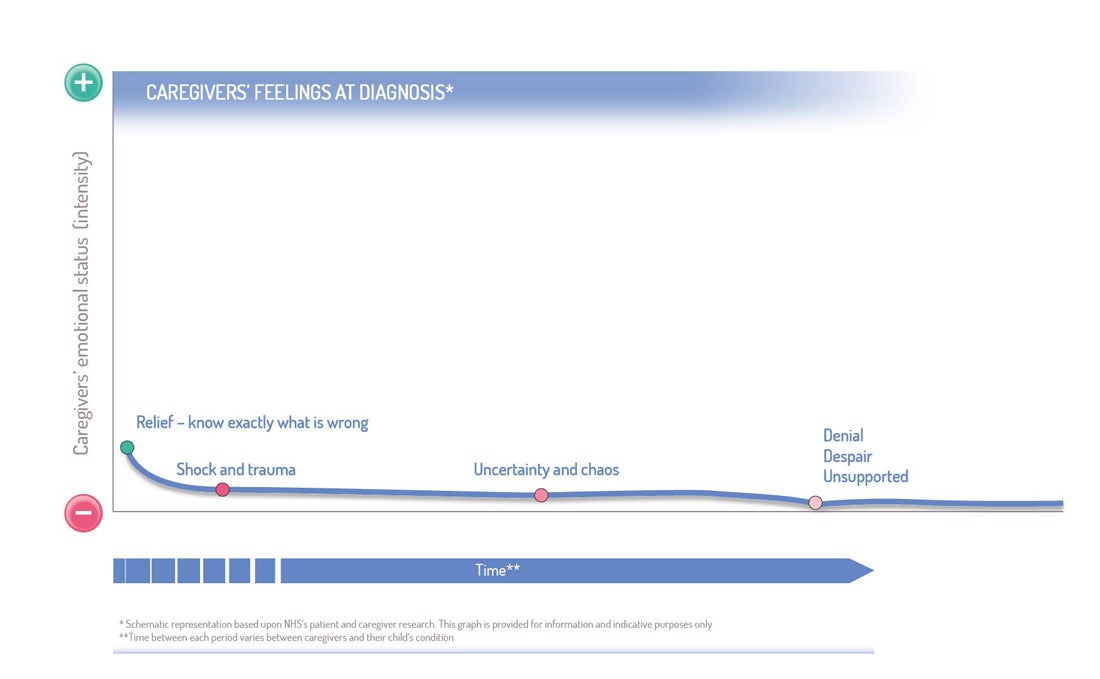
Having come to terms with cerebral palsy, caregivers find the small victories intensely encouraging. They feel particularly joyful and happy when their child feels calm, eats well and sleeps well. They identify these as small victories. They are also positively surprised when their child does something they never envisioned, such as communicating gratitude, love and contentment.
Nevertheless, challenges, such as bad feeding experiences, illnesses, surgeries and lack of sleep, are still frequent and may cause negative emotions, such as:
Frustration: Caregivers suffer when family members, friends and people in their surroundings aren’t completely understanding of their needs and routine.
Distress: Caregivers find it difficult to understand when their child is in pain due to his/her restricted communication skills.
Pressure: In certain circumstances, financial consideration may be a huge burden on caregivers and may increase their worries in how to best care for their child.
Shock: Caregivers go through periods of shock again, as they are still coming to terms with the extra demands needed to care for a child with cerebral palsy.
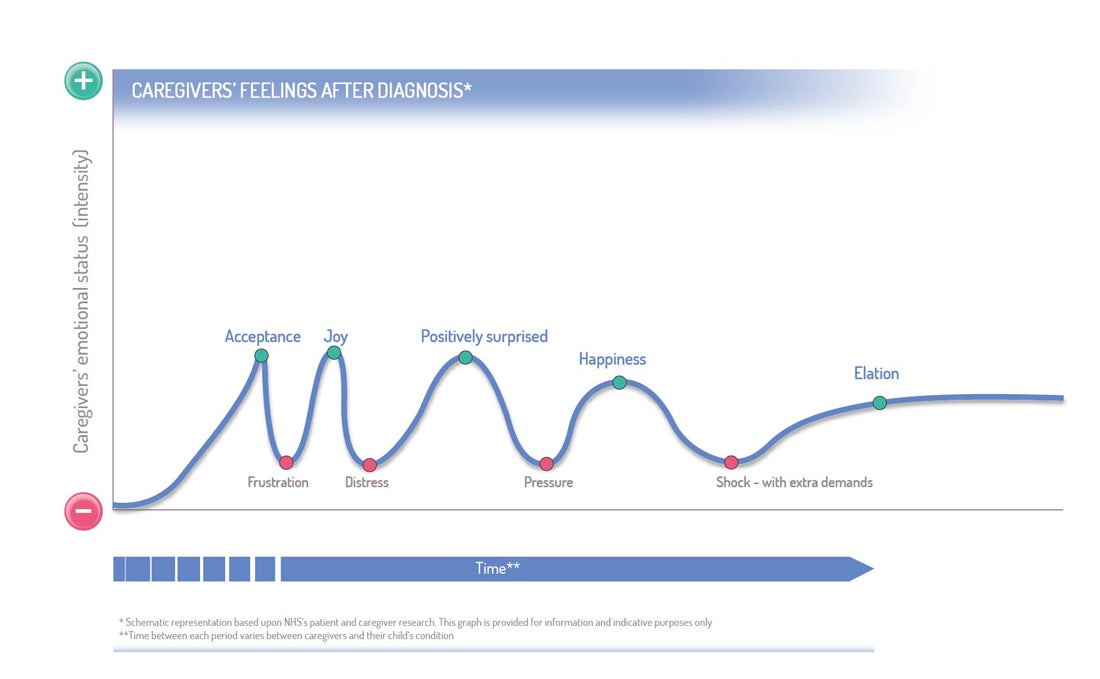
Your support, as well as the support of other colleagues, is extremely important for caregivers and their children all along the journey.
Listen to what Yehoshua’s mom has to say about their therapy journey.
→Check the recommendations section to help you help them the best way you can
Throughout the journey, being patient- and caregiver-centric is extremely important for their well-being.
Here is a brief list of recommendations that can help you better help them.
When the diagnosis is confirmed and it is time to tell caregivers about their children’s condition, take the extra time needed to clearly explain the diagnosis and to clarify any doubts they have.
You can recommend books or support groups that include other families, if you feel that caregivers have a lot of questions and need to talk things through.
You can also suggest to caregivers that they attend workshops that explain more about cerebral palsy. A recent study showed that this helps them be better equipped to care for their child.1
All throughout the journey, your ability to take time to listen and to respond empathetically to both the caregiver and the patient will help them better cope. Using emotion-seeking skills to address the emotions expressed through the NURS method (naming, understanding, respecting and supporting) can be helpful2
Get in touch with other colleagues and ask about new developments or gatherings happening around cerebral palsy.
Be proud of your work and use your energy to empower families who have children with cerebral palsy.
How to communicate understanding, alleviate distress and provide support to your caregivers and patients3
| Strategies | Skills | Process tasks |
|---|---|---|
| Recognise or elicit a patient’s empathic opportunity | Acknowledge Encourage expression of feelings |
Notice patients’ nonverbal communication |
| Work toward a shared understanding of the patient’s emotion/experience | Ask open questions Clarify Restate |
Avoid leading questions Avoid giving premature reassurance |
| Empathically respond to the emotion/experience | Acknowledge Validate Normalise Praise patient efforts |
Identify patient’s strengths and sources of support |
| Facilitate coping and connect to social support | Ask open questions Endorse question asking Make partnership statements |
Make referrals Express a willingness to help |
Table adapted from: Pehrson C et al. Responding empathically to patients: Development, implementation, and evaluation of a communication skills training module for oncology nurses. Patient Educ Couns. 2016; 99(4): 610–16.
References:
- Dambi JM et al. An evaluation of psychometric properties of caregiver burden outcome measures used in caregivers of children with cerebral palsy: a systematic review protocol. Syst Rev. 2016; 5: 42.
- Smith C. Smith's Patient-Centered Interviewing: An Evidence-Based Method, 3e. 2012. 320 pages.
- Pehrson C et al. Responding empathically to patients: Development, implementation, and evaluation of a communication skills training module for oncology nurses. Patient Educ Couns. 2016; 99(4): 610–16.
